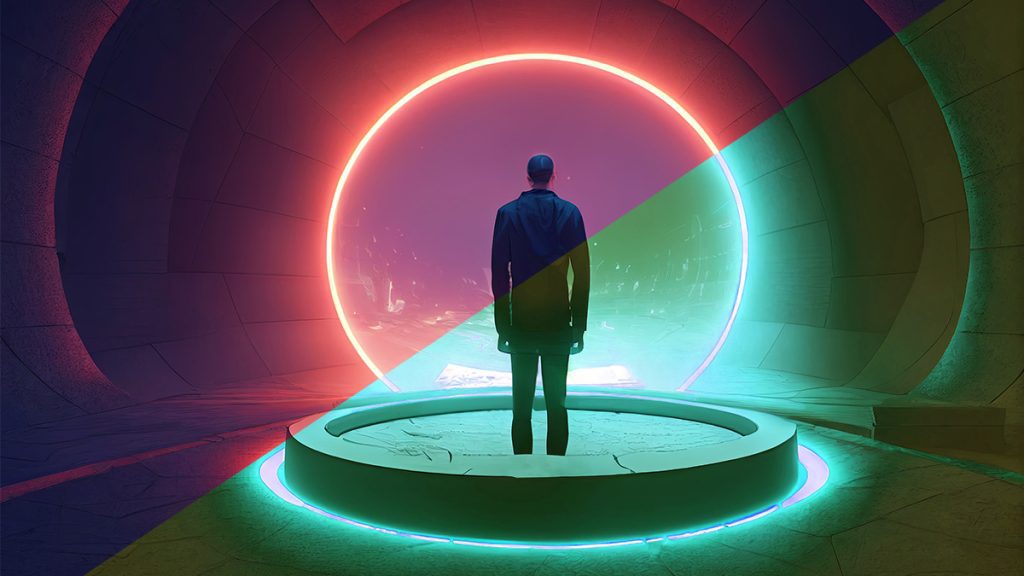
Coming attraction to theatres near you! AI and CGI in the movie industry raising concerns about the abuse of technological manipulation!
- Deepfake technology poses a threat to privacy rights, potentially leading to unauthorized use of individuals’ likenesses or personal information.
- Technological manipulation can perpetuate stereotypes and cultural insensitivity, eroding genuine representation and diversity.
Making movies can be dangerous. However, we have come so far technologically that actors aren’t required to put their lives in danger for the sake of a shot. Well, except when they choose to. And yes, I’m looking at you, Tom Cruise. But how reliant on such a coming attraction is too reliant? With technologies like computer-generated imagery (CGI) and generative artificial intelligence (AI), filmmakers are flirting with this fine line between the use and abuse of technological manipulation.
Misrepresentation and Deception
Filmmakers produce incredibly realistic and compelling scenarios, characters, and events thanks to advances in CGI and visual effects. While this can improve storytelling, it also raises concerns about the filmmakers’ obligation to be open and honest with their audience. It is essential to clearly distinguish between fact and fiction when technology is used to fabricate and manipulate parts of a film. Failure to do so could mislead and deceive viewers, potentially distorting the truth and reinforcing misconceptions while also eroding trust between filmmakers and viewers.
Invasion of Privacy
With the development of cutting-edge technologies like deepfakes, there is a danger that someone’s voice, likeness, or personal information could be used without their consent. All for the sake of a massive coming attraction. As a result, manipulated content that misrepresents nonconsenting people may be produced. Such unauthorized use violates their right to privacy and may have serious repercussions, such as harassment, exploitation, or reputational harm. Consent, ownership of personal data, and the defense of individual privacy rights are all seriously ethically ambiguous given the possibility of malicious intent or the unchecked distribution of manipulated content.
Cultural Appropriation
When discussing technological manipulation in the film industry, cultural appropriation refers to the unethical use of technology to change or manipulate cultural elements, such as digitally altering actors’ appearances to represent various ethnicities or cultures. This practice has the potential to reinforce stereotypes, erode genuine representation, and promote cultural insensitivity. Filmmakers run the risk of trivializing or appropriating cultural traditions, customs, or experiences by using digital editing to change an actor’s ethnicity or cultural identity. This undermines the industry’s diversity and inclusivity while also strengthening harmful biases and power disparities.
Impact on Actors and Performers
The employment opportunities for actors may decline. This could be a direct result of advances in CGI, motion capture, and deepfake technology. Not to mention that the distinction between authentic performances and digital creations may become hazier. The performances’ ownership and the veracity of actors’ work may be questioned if digital doubles or CGI characters are used. In this evolving world of technological manipulation, it is crucial for this industry’s professionals to think about the ethics. They also need make sure to respect and protect actors’ rights, contributions, and career opportunities.
Final Thoughts
Technological manipulation is brilliant. It allows the filmmakers to get their desired scenes for their coming attraction without endangering anyone. Be it the actor or the stunt double. However, the advancements it has witnessed make it rather difficult to encourage its use in the industry. I discovered the other day that actors actually have a union protecting them. And one of the things they shield them from is on screen intercourse. But since our likenesses have as much rights as an orange unless stated otherwise by a carefully worded contract, it’s basically up for free use. So, can our likenesses unionize? Asking for a friend.
Inside Telecom provides you with an extensive list of content covering all aspects of the tech industry. Keep an eye on our Ethical Tech section to stay informed and up-to-date with our daily articles.